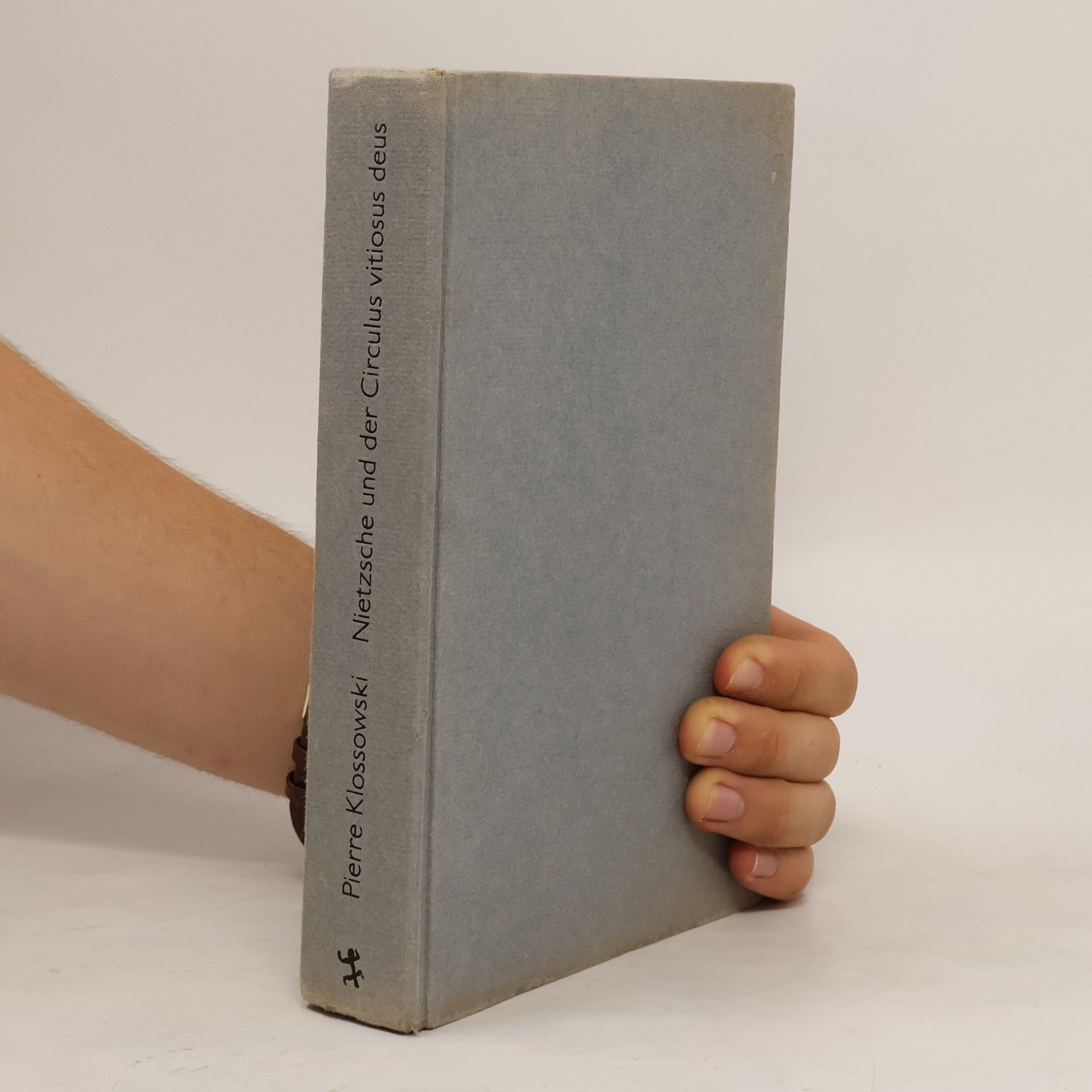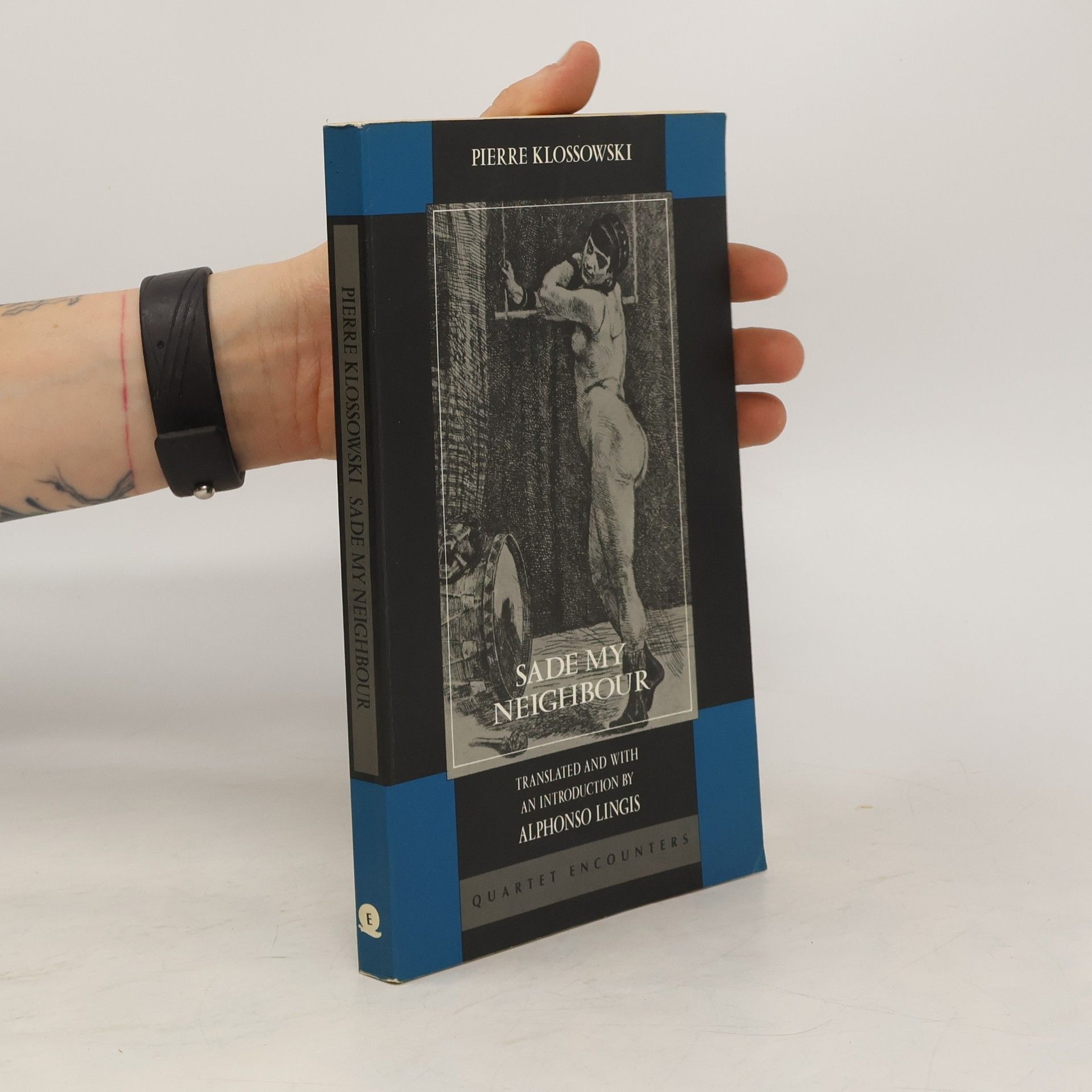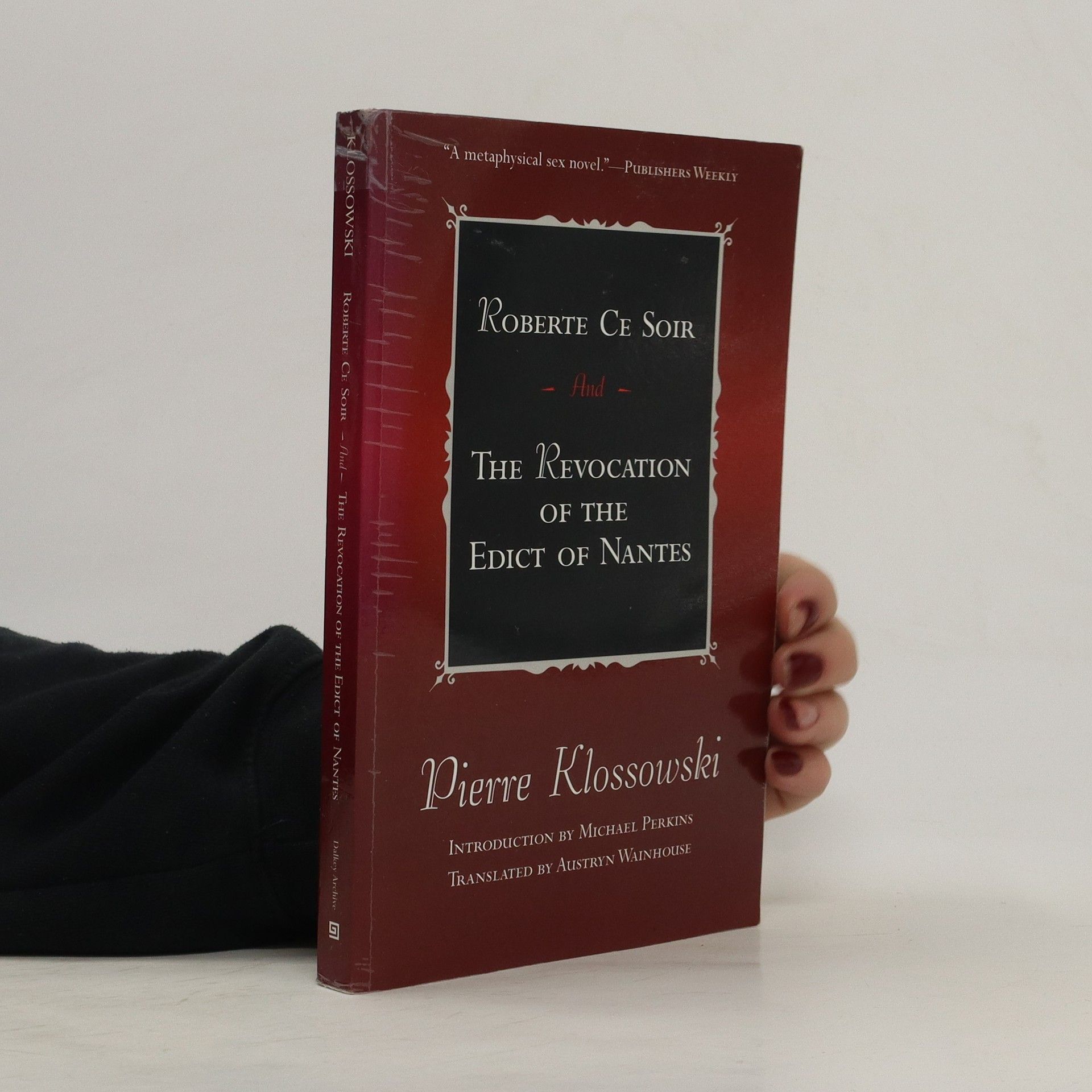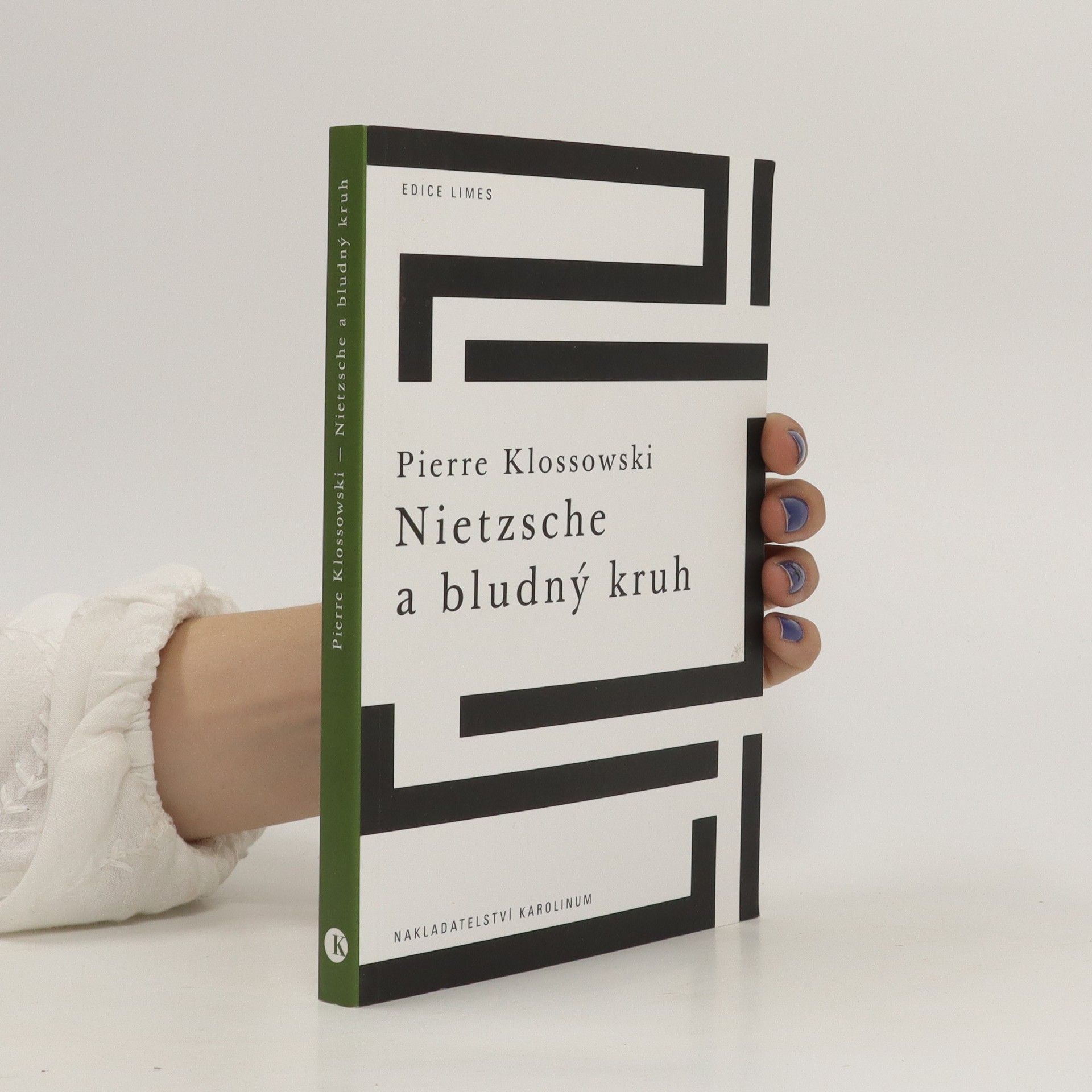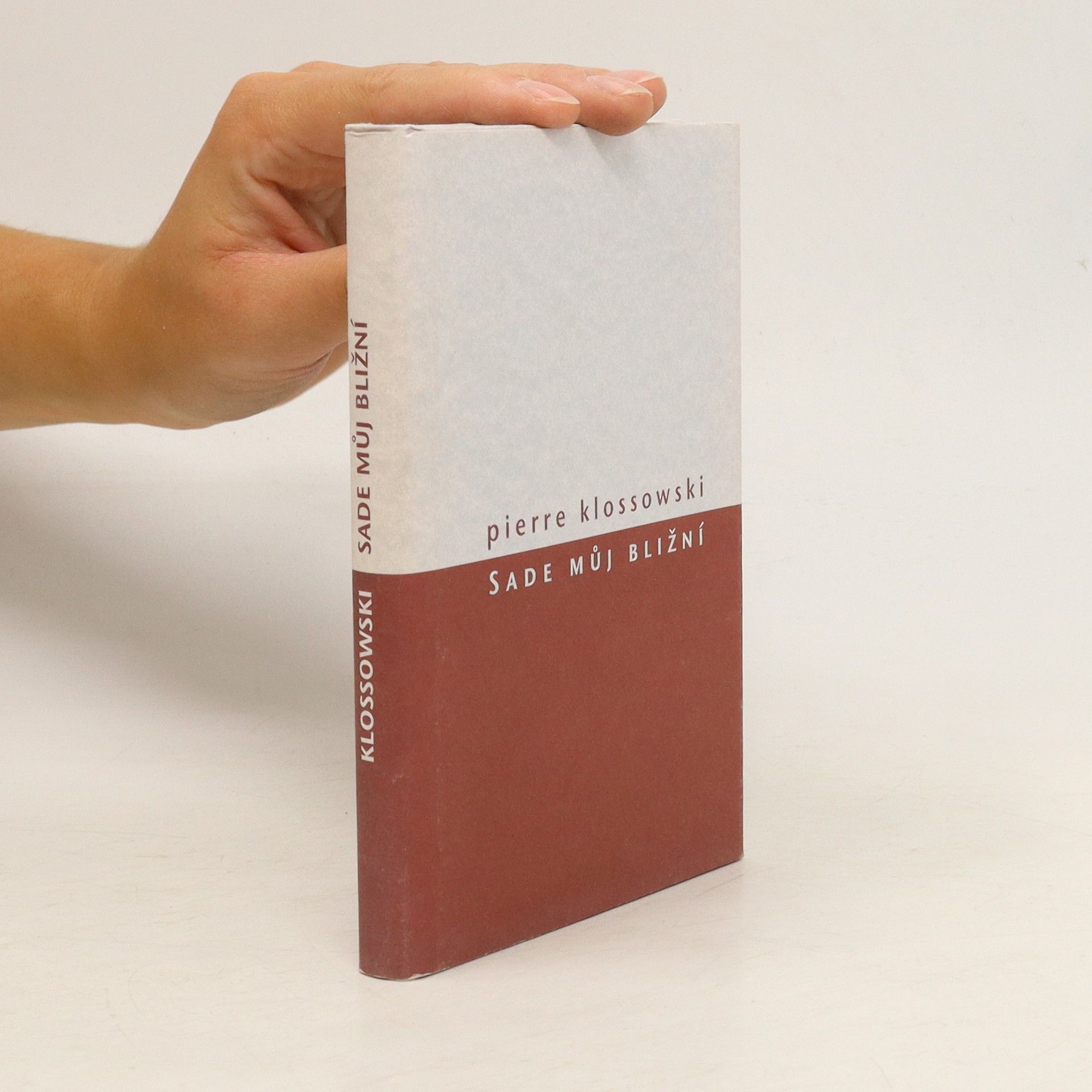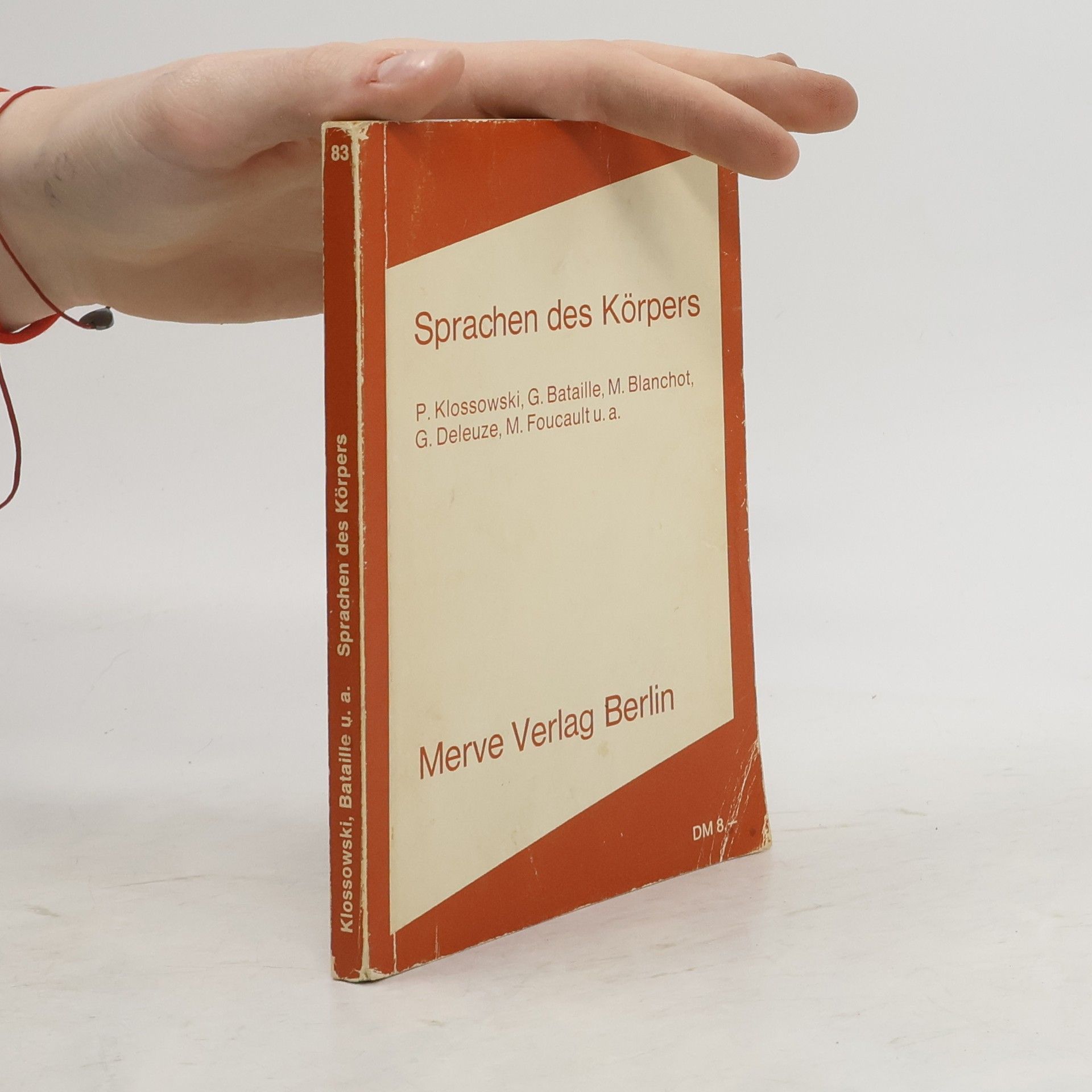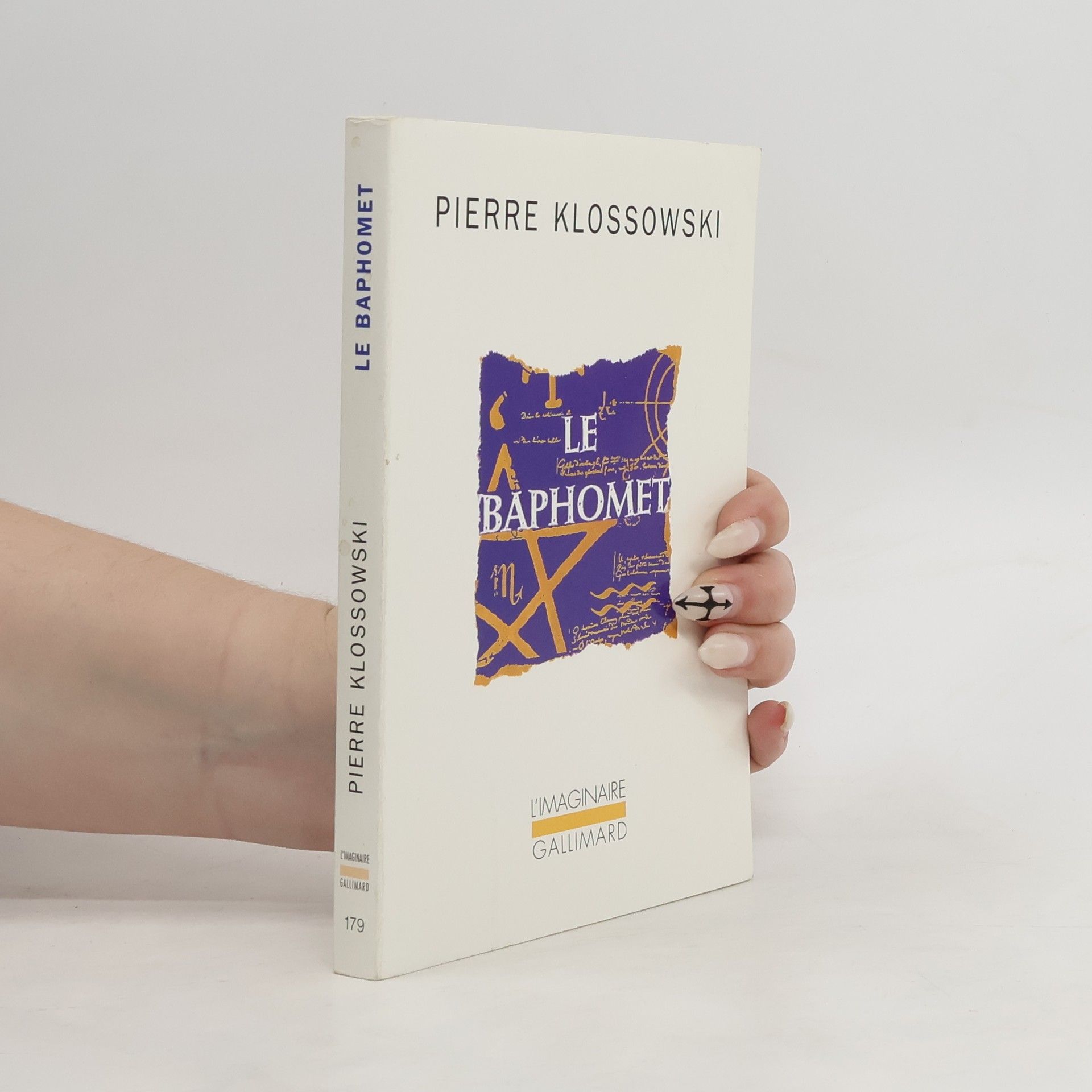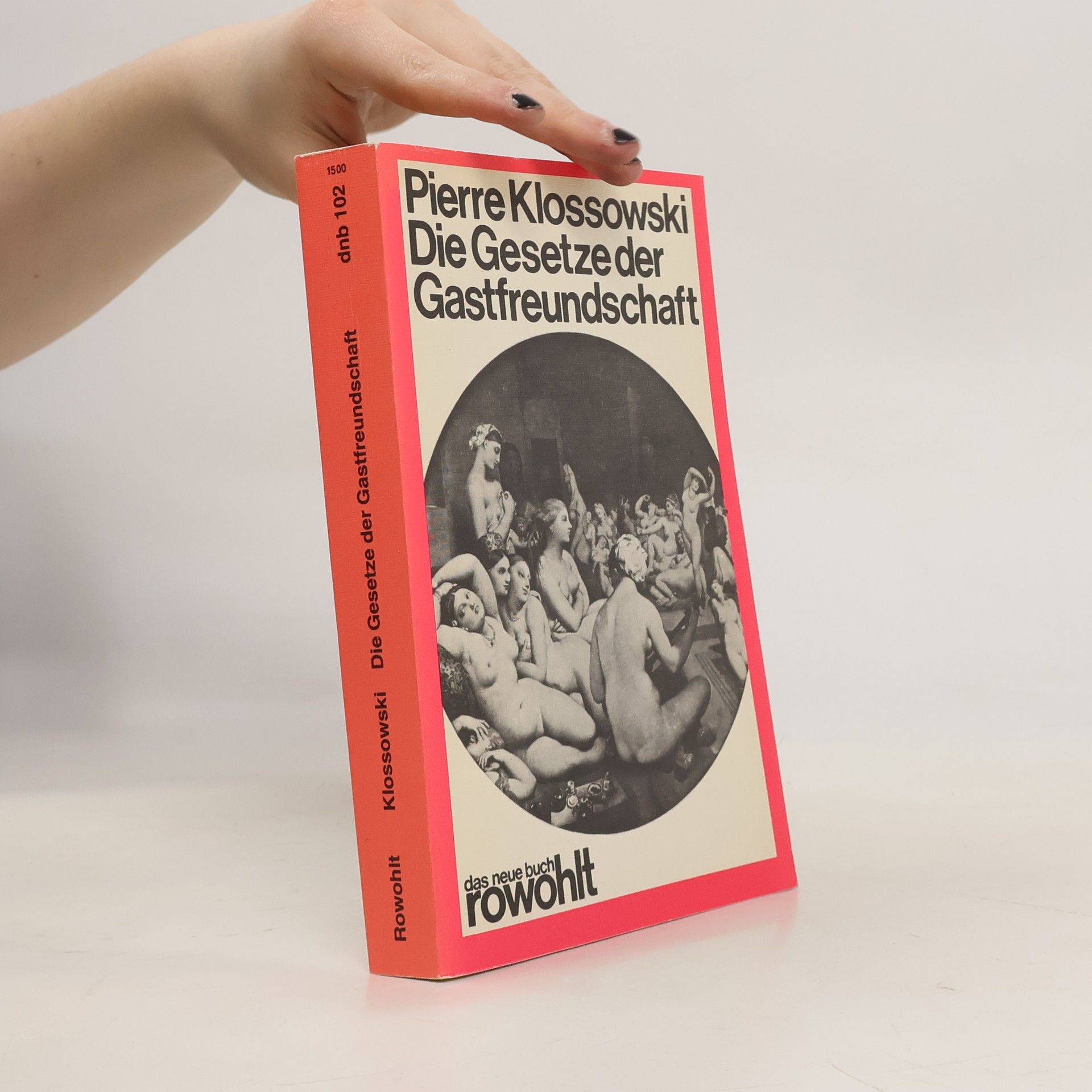Sade můj bližní
- 167 stránek
- 6 hodin čtení
Soubor studií vznikající v průběhu třicátých a čtyřicátých let, je bezpochyby jednou z nejvýznamnějších knih, jaké byly Sadovu dílu kdy věnovány. Představuje podrobný rozbor východisek a hlavních motivů Sadova myšlení, které se takto vyjevuje nikoli jako marginální produkt perverze, ale jako svébytný filosofický systém s vlastními zákony a s vlastní logikou. Jestliže v raných textech Klossowski interpretuje Sadův ateismus jako produkt jakéhosi "nešťastného vědomí", v pozdějším textu, nazvaném "Filosof zločinu", vykládá Sadovy texty na základě vztahu mezi perverzním gestem a jeho literárním popisem.

